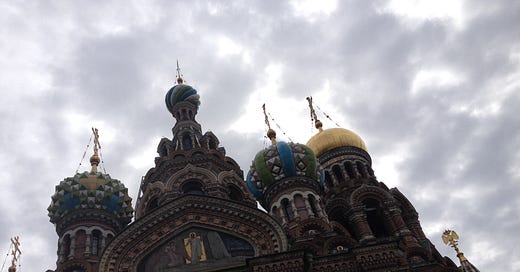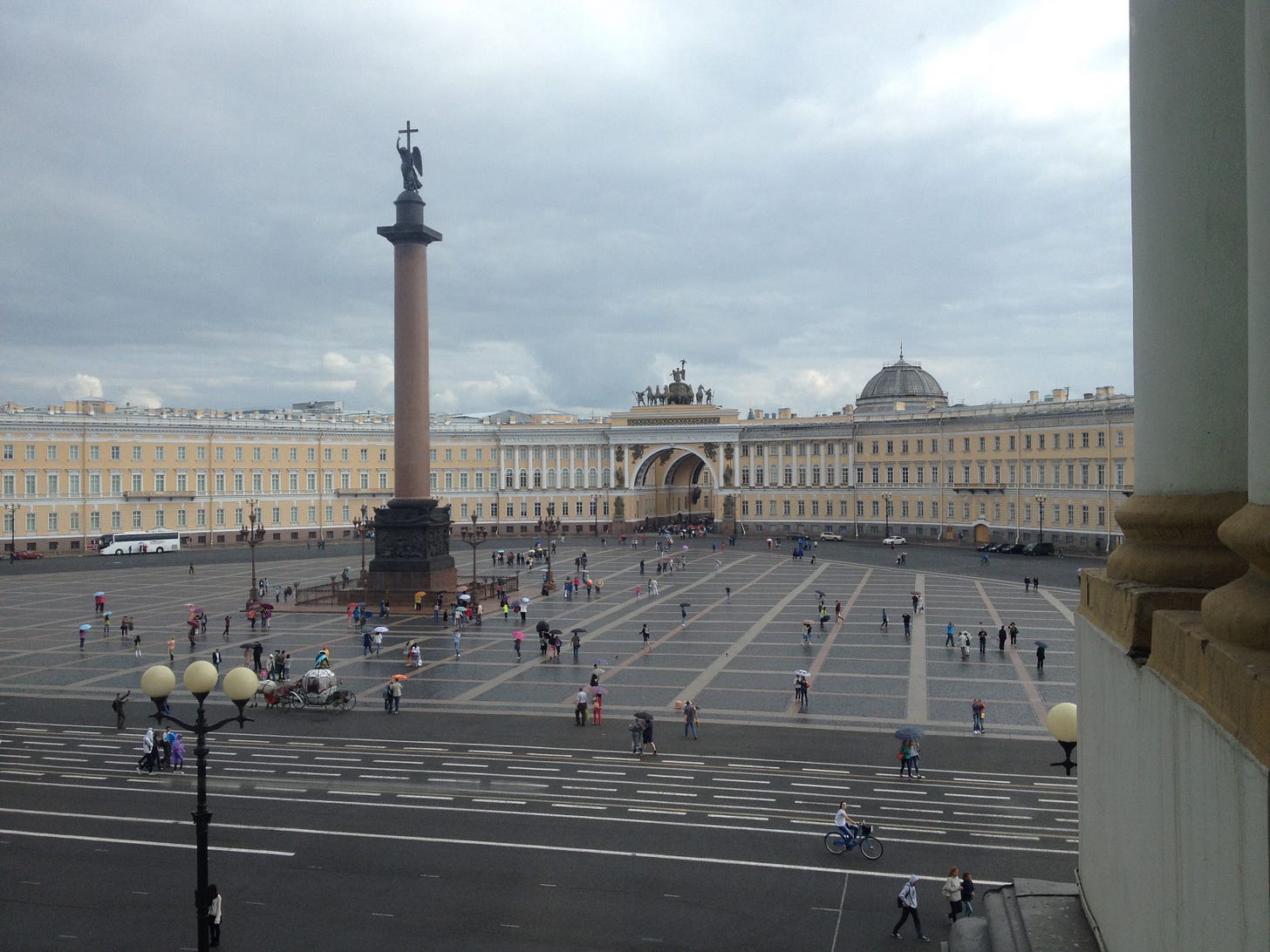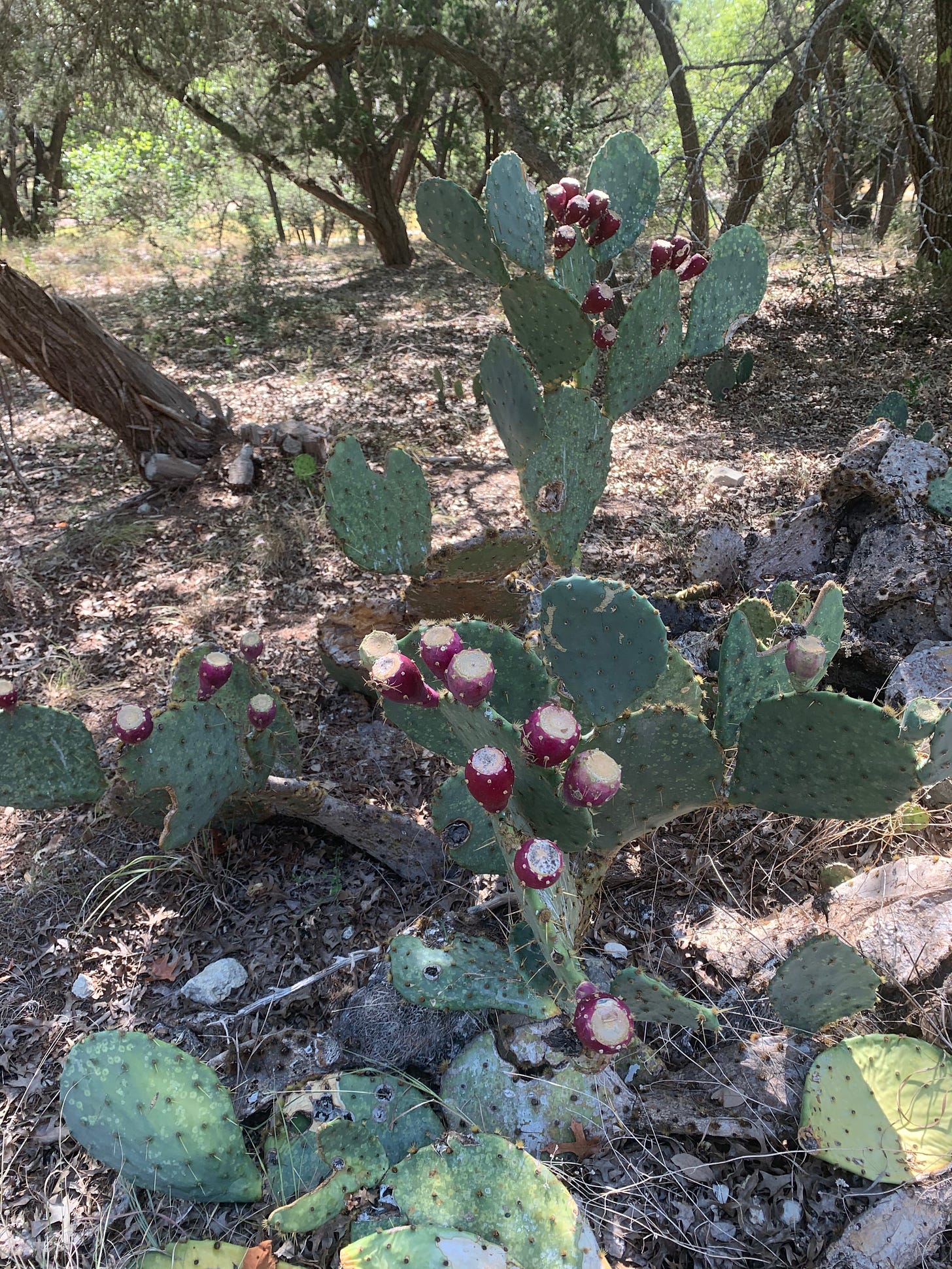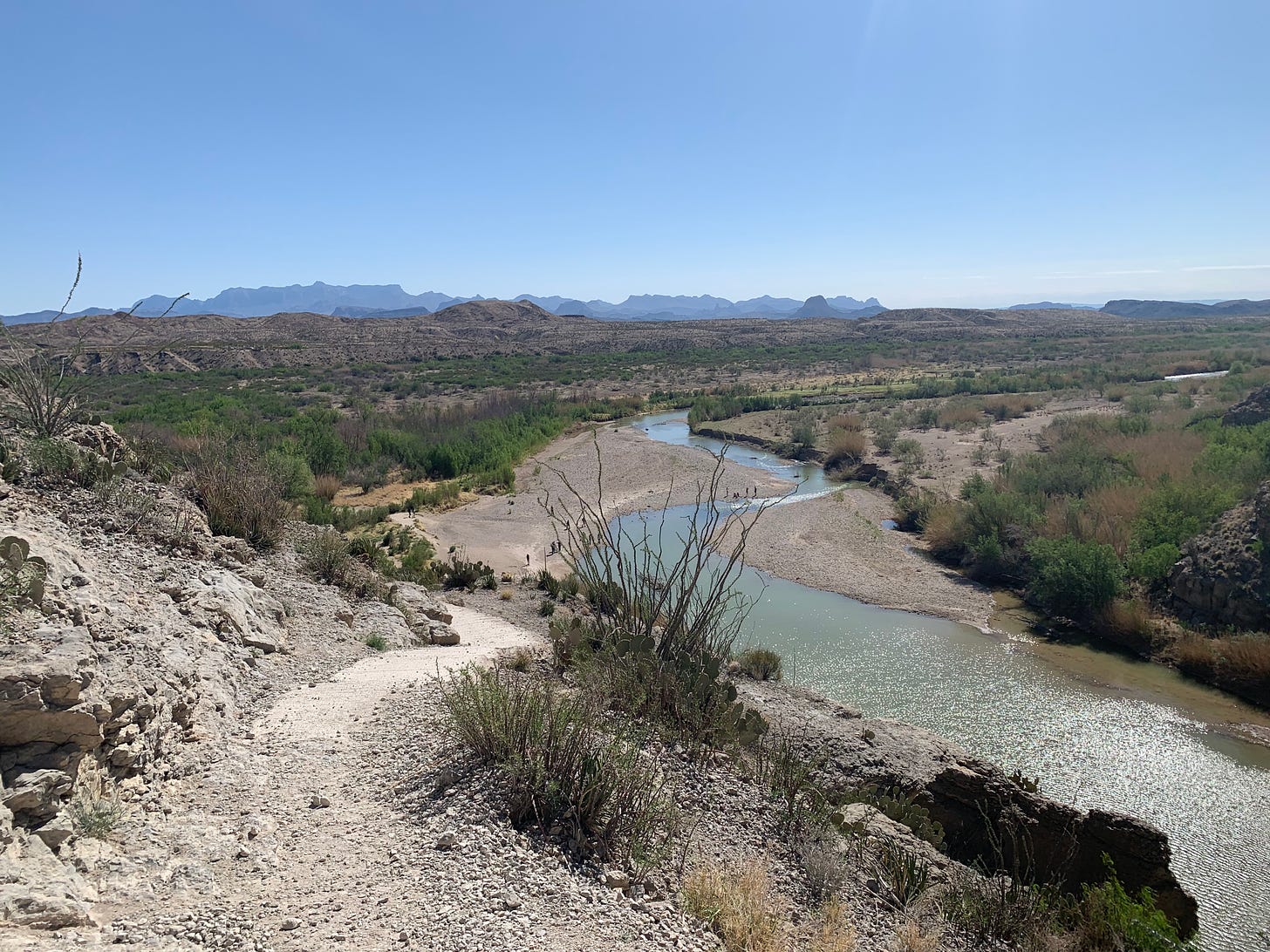I tend to fall hard for problematic places. My first love was for Russia, which I hesitate to confess, given the current state of affairs. It all started with Anastasia (1997). I adored the soundtrack, her story, and her fingerless-gloves, which looked chic in my six-year old eyes. Over the years, my obsession transformed. During my pre-teen and teen years, I gobbled up YA books on the Romanov sisters. By my twenties, I got my hands on Robert K. Massie’s biographies on Nicholas and Alexandra, Catherine the Great, and Peter the Great, as well as his book on the final days of the Romanovs. Eventually, I took a class on Literature and Revolution, which sparked my research into Communism, Lenin, and Stalin. That year, I won a travel scholarship to travel to Russia (more on that in a moment), and in grad school, I studied Russian stereotypes in Conrad’s Under Western Eyes.
When I stepped foot in Moscow in summer 2015, I felt like I was home. After all, I was finally in the country that had captivated me for nearly 20 years. My friend and I spent a month exploring the capital, as well as St. Petersburg and Novgorod, sampling blini, pelmeni, vodka, and even caviar. We wandered the cities, taking in the spectacular onion-domed churches, the stunning metro stations, and museum after museum. The people captured my heart — the artists in the square, the helpful strangers, and the Babushka who held my hand and took me for a personal tour of her favorite items in the museum. I felt at home and transfixed and transformed.
Lately, Russia’s been breaking my heart. It started on my last night at a Moscow bar when I (stupidly) argued with some Russian army fellow about the Crimea belonging to Ukraine (the Crimean Peninsuala had been annexed the year before). And this year . . . we all saw the news.
My roots are half Ukrainian. I’m from the Canadian Pierogi Belt, and I spent every holiday as well as half of my university days with my Baba. I grew up celebrating Ukrainian holidays, eating pierogies and borscht and babka, singing songs, and decorating pysanky. It seems like a strange betrayal to be so fascinated by a place that has been so consistently cruel to half of what I am. As I look at the atrocities that Ukraine has faced in the last 100 years alone (Holodomor, the occupation during WWII, other devastating consequences of Stalin’s regime, economic hardship after the collapse of the Soviet Union, and the war today), I’m in deep gratitude for immigration being in my lineage as well.
My second love is for Austin, Texas. My husband and I have been here for the better part of four years. When he first mentioned the possibility of moving here, I scoffed and said, “Texas? But I’m an intersectional feminist!” Before I get into my love affair with Texas, let me first address my previous myopic but common belief.
Many of us will look at a place or a license plate and think we can apply a stereotype that will resonate with the person that lives in a certain place. And when it comes to folks who live in red states, people outside of those areas often typecast them as Republican rednecks. I certainly did. However, it’s ignorant to assume a “type” can apply to an entire state. Texas is the “second-most diverse state” and has nearly 30 million people — that means it holds almost 30 million unique stories and personalities. A person is so many things at once, so a place is a pulsing multitude. It’s also dangerous to assume that everyone happily agrees with their representatives in the state they reside in. Yes, Texas has a Republican majority, and at the same time, there’s a myriad of political beliefs in this two-party system. Painting every individual — and the entire state — with a stereotypical red brush stroke does a disservice to those on the ground floor who are working to change the system.
Now to get into my love of Texas. I love the rolling hill country and the longhorns, deer, armadillos, and roadrunners. I’m intrigued by the prickly pears sprouting from cacti and all of the native plants I’ve learned about and tended to — Esperanza and Texas Sage and Bluebonnets. I love the vast variety of scenery from the desert in Big Bend to the pines and swamps near the Louisiana border. The heavy rainfall and thunderstorms are a sight to behold, and they’re bigger than I’ve ever seen. And I felt a great sense of pride as I watched Friday Night Lights while calling this state home.
I love Austin itself — a city pulsing with excitement and discovery and enjoyment. It’s full of murals and local shops and a river packed with paddle boarders. There are loads of happy dogs accompanying their owners to patios and for strolls in the Greenbelt. I’m always excited to enjoy tacos or to head to my favorite spots for ramen, bubble tea, and Thai or Indian food. And I love the people. The friendliness here is palpable — from our neighbors to cashiers to healthcare workers to hilarious folks on the Austin Subreddit. People smile at each other, ask how others are, and regale humorous stories. There’s an underlying curiosity that’s so uplifting.
But brewing underneath the energy, beauty, and friendliness is the stronghold of Republican politics. I’m tired of hearing about mass shootings or wondering if I’ll come across some angry driver that’s locked and loaded. And I’m really scared about the fallout because of the overturn of Roe v. Wade. Even though the majority of Americans are pro-choice and even though 46.5% of the votes were for the Democratic party in Texas in 2020, our hands are tied by a handful of justices and lawmakers. My heart hurts for the many people across the US, particularly for marginalized folks, who are impacted by this archaic overrule. Many Texans are reeling from this news and from the other dominoes that could fall as a result.
Since the overrule, Texas admittedly feels different. I ask myself what it would feel like in some alternative compassionate, democratic Texas, but for now, this is what Texas looks like. The heartless, inhumane politics are as much a part of the landscape as the hill country and cacti and longhorns.
And once again, a place I love is breaking my heart.








Mm. Love this.
Beautiful words. I strongly believe in the sorrow and pain from “breaking up” with places, things, and what ifs?. Thank you for this one. Xo.